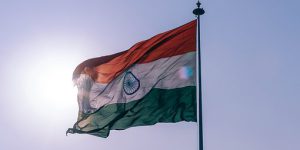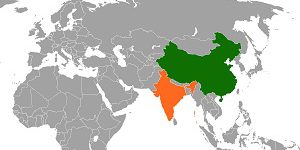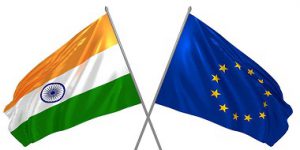Expanded BRICS and Geo-economic Implications for Africa
The BRICS bloc of leading emerging economies took a major decision in expanding its reach and influence with the announcement made that six more countries- Argentina, Egypt, Ethiopia, Iran, Saudi Arabia and the United Arab Emirates – have been invited to join as new BRICS members taking the total number of nations within the grouping to 11, effective January 1, 2024.
The bloc initially formed in 2009 with Brazil, Russia, India and China, first expanded in 2010 to admit South Africa. The bloc after 23 years of its existence has now sought to grow a stronger coalition of developing nations that can better put the interests of the Global South on the world map. Before the start of its annual summit in Jo Berg, South Africa during August 23-24, more than 40 countries had expressed interest in joining BRICS, with 23 formally applying to join it.








